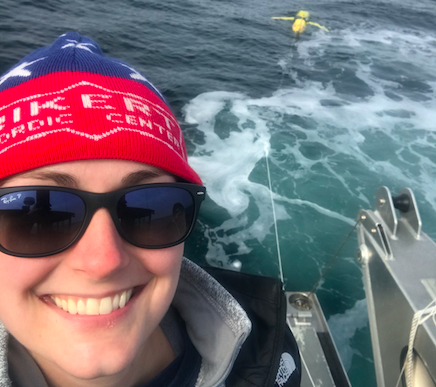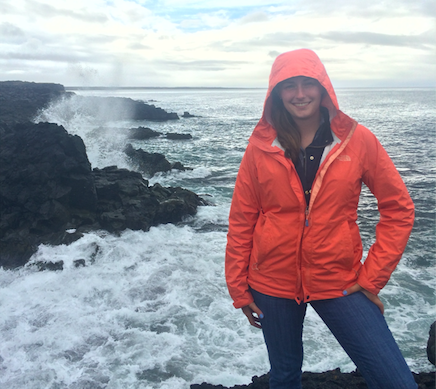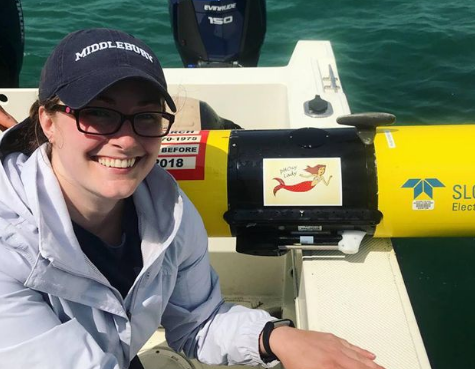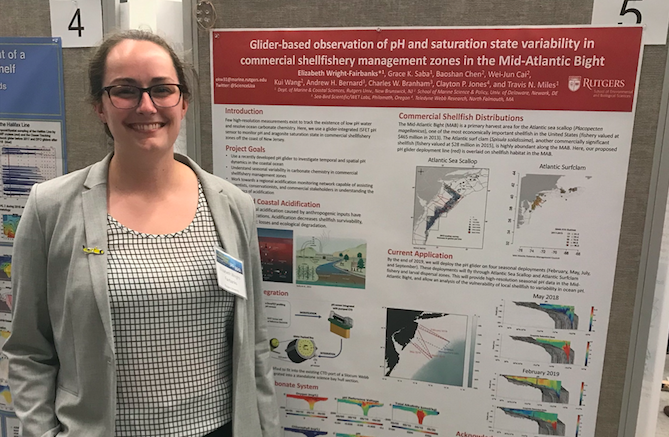My interest in ocean science first developed in high school, when I attended a summer session at the Island School on Cape Eleuthera, the Bahamas. There, I lived on a sustainable campus deeply connected to the surrounding marine environment and participated in research at the Cape Eleuthera Institute. I followed my passion for environmental research throughout college, earning a B.A. in Biology with a minor in Environmental Studies from Middlebury College. Throughout college, I held a variety of internships and jobs doing aquatic research on the Hudson River estuary, the lakes of New Hampshire and Vermont, and finally as an NSF-funded REU student at the University of Rhode Island Graduate School of Oceanography. While at URI, I developed my understanding of biological and chemical oceanography and decided to pursue graduate studies in those areas.

At Rutgers, I am working toward my Ph.D. in oceanography under the guidance of Dr. Grace Saba. My research focuses on ocean and coastal acidification in the Mid-Atlantic. I use an autonomous underwater vehicle (AUV) called a Slocum glider which is equipped with a deep-sea pH sensor to observe coastal carbonate chemistry dynamics. pH glider data allows me to link carbonate system dynamics to ocean properties such as oxygen and chlorophyll levels, temperature, and salinity. I fly the pH glider through shellfish territory to understand seasonal dynamics in these important fishery grounds, and have used that data to design laboratory experiments investigating the effects of acidification on shellfish larvae. At its core, the research I do at Rutgers is an investigation of how ocean chemistry and physics influence biological activity, underscoring the interdisciplinary nature of oceanography.

When I’m not working, I enjoy reading, gardening, cooking, and playing on our department’s intramural soccer team. Feel free to contact me at elizabeth.wrightfairbanks@marine.rutgers.edu with any questions about my research, DMCS, or graduate studies in general!


